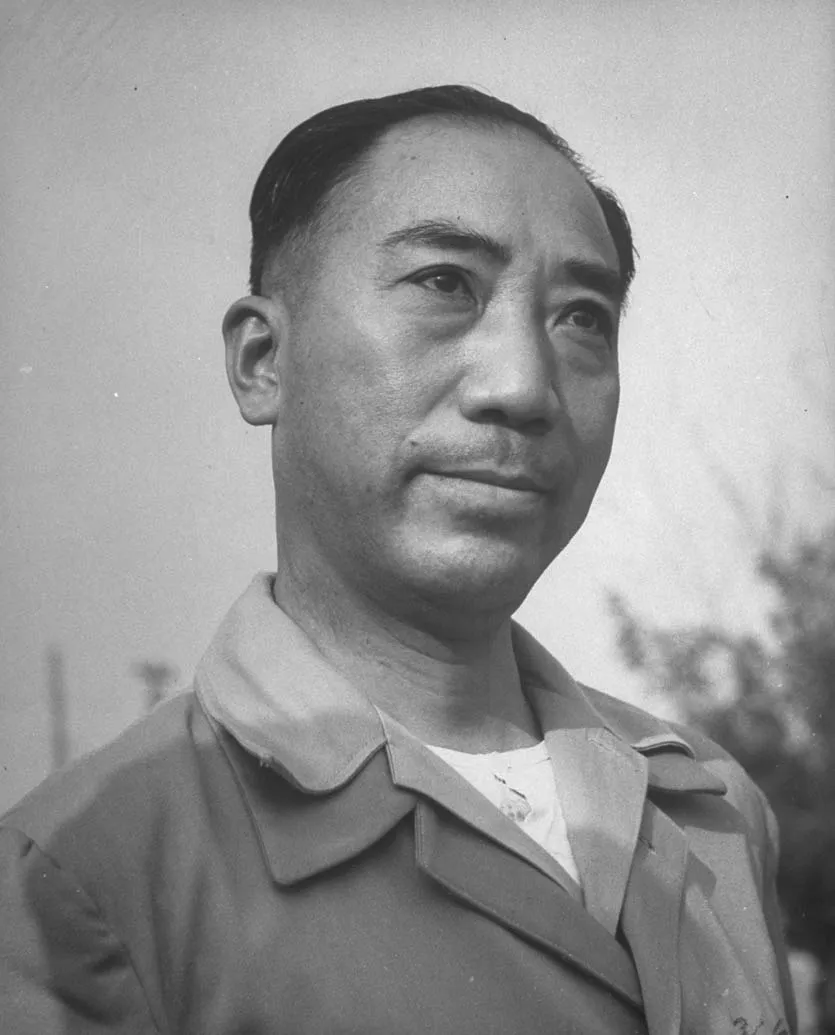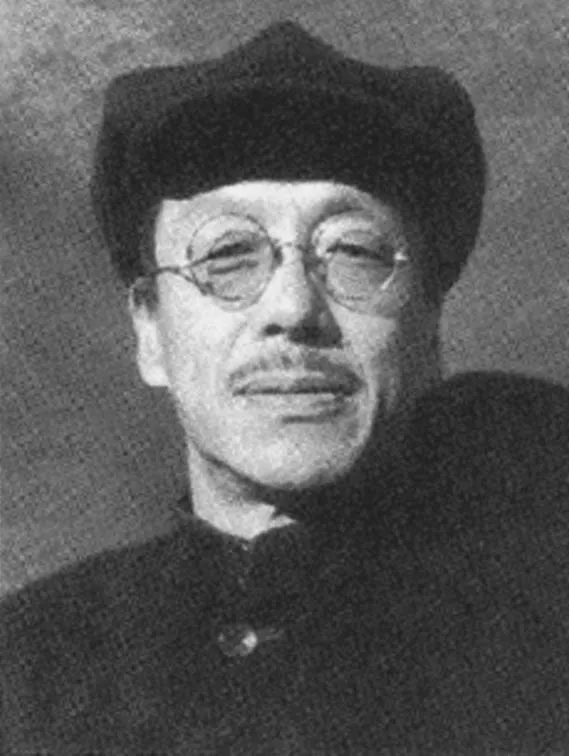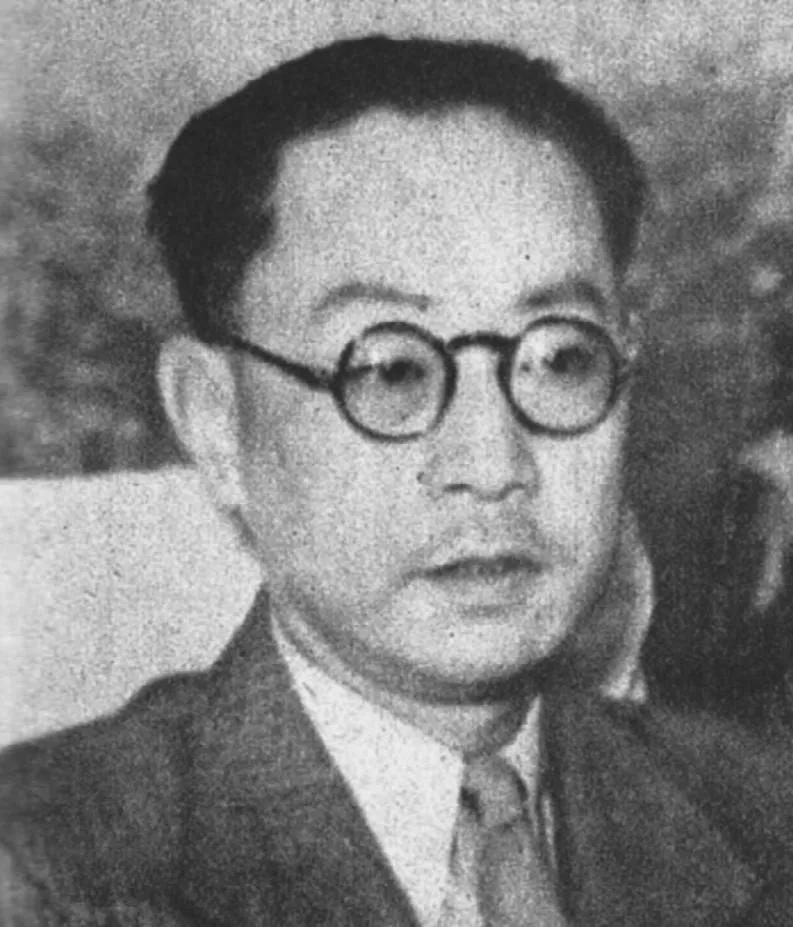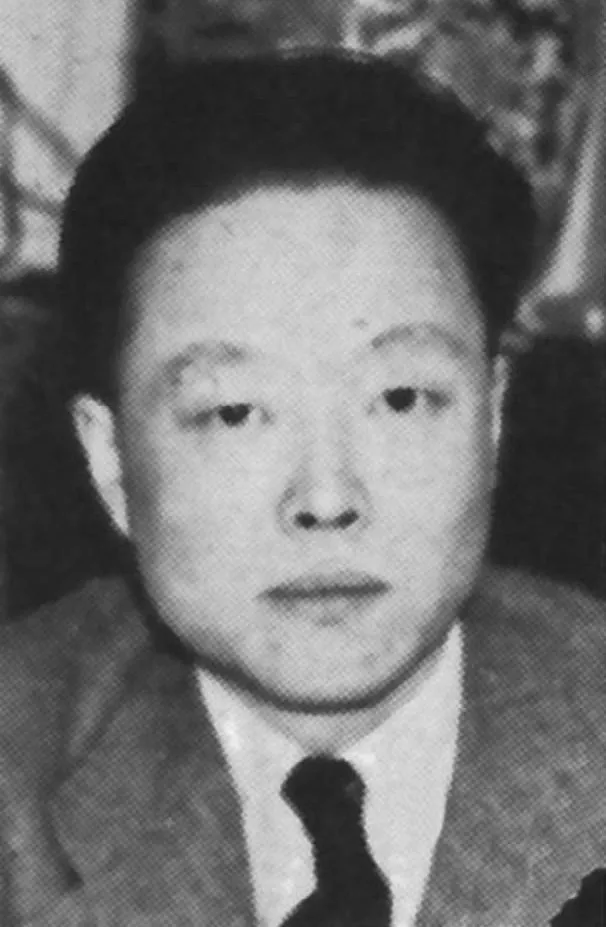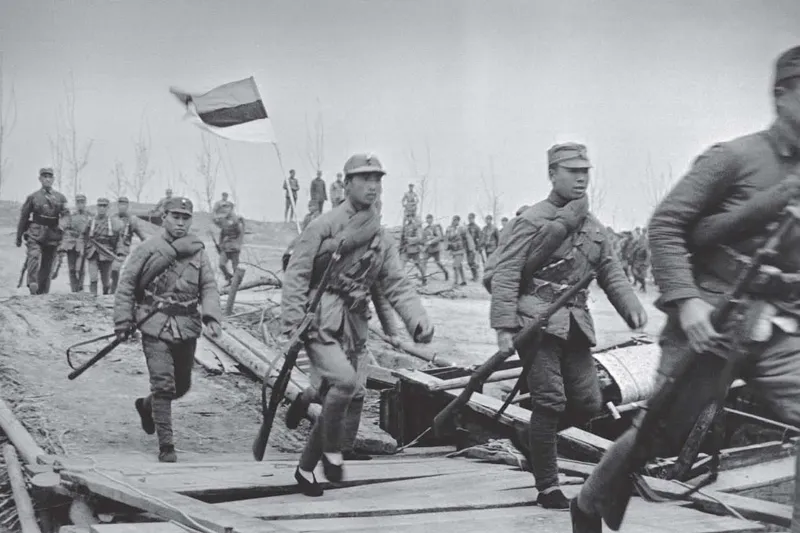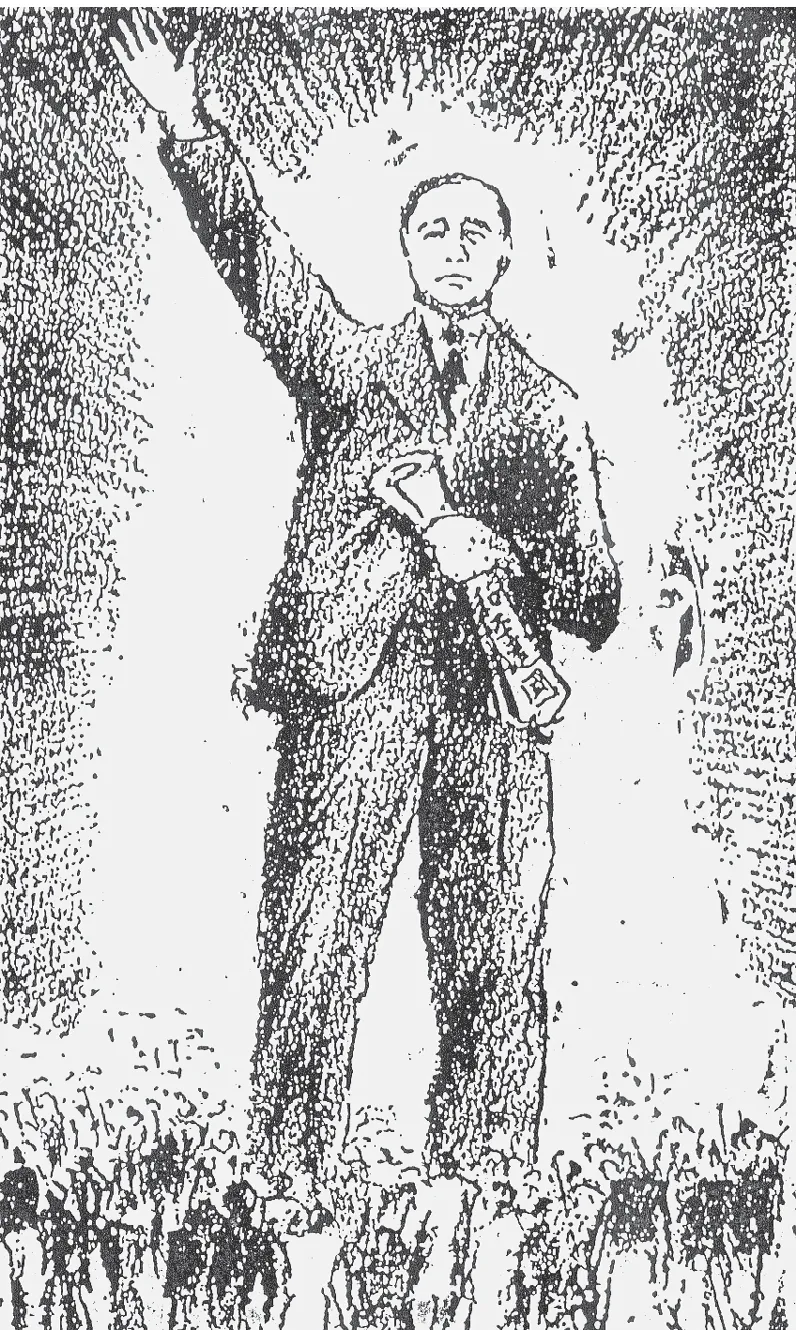
Forgotten Ally
China's World War II, 1937–1945
Rana Mitter
- 464 pages
- English
- ePUB (adapté aux mobiles)
- Disponible sur iOS et Android
Forgotten Ally
China's World War II, 1937–1945
Rana Mitter
À propos de ce livre
A history of the Chinese experience in WWII, named a Book of the Year by both the Economist and the Financial Times: "Superb" ( The New York Times Book Review ). In 1937, two years before Hitler invaded Poland, Chinese troops clashed with Japanese occupiers in the first battle of World War II. Joining with the United States, the Soviet Union, and Great Britain, China became the fourth great ally in a devastating struggle for its very survival. In this book, prize-winning historian Rana Mitter unfurls China's drama of invasion, resistance, slaughter, and political intrigue as never before. Based on groundbreaking research, this gripping narrative focuses on a handful of unforgettable characters, including Chiang Kai-shek, Mao Zedong, and Chiang's American chief of staff, "Vinegar Joe" Stilwell—and also recounts the sacrifice and resilience of everyday Chinese people through the horrors of bombings, famines, and the infamous Rape of Nanking. More than any other twentieth-century event, World War II was crucial in shaping China's worldview, making Forgotten Ally both a definitive work of history and an indispensable guide to today's China and its relationship with the West.
Foire aux questions
Informations





